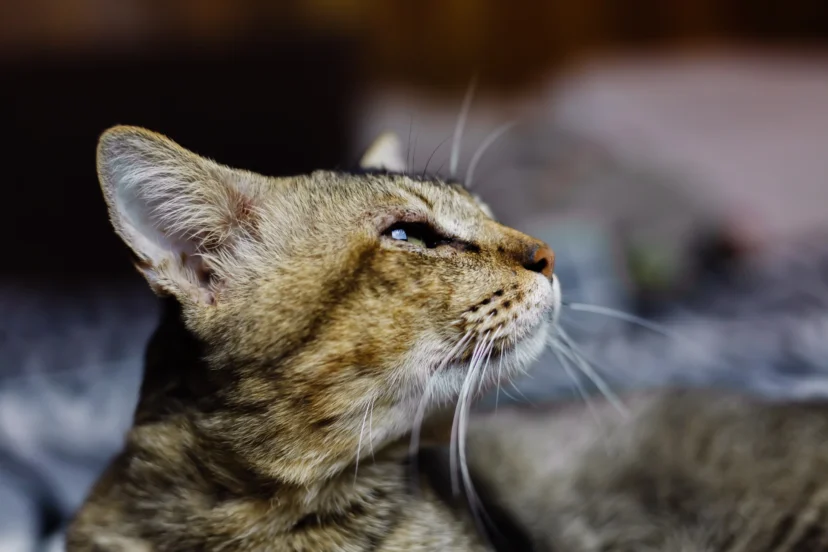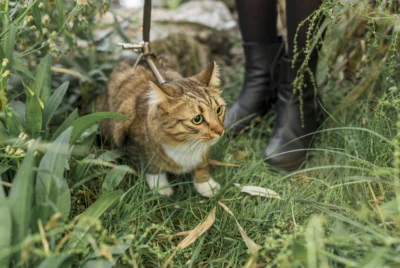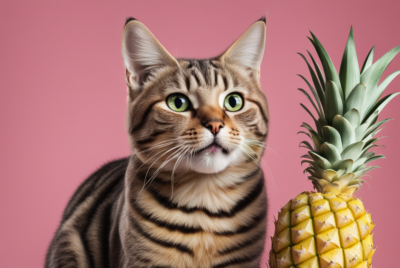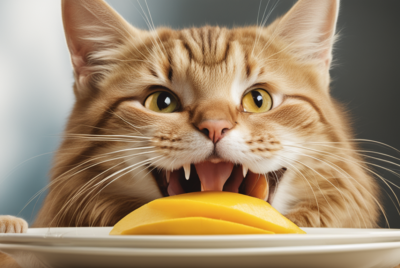Can Cats Get Colds? A Guide to Understanding and Caring for Your Feline Friend
Cats are notorious for hiding discomfort. A subtle sneeze or a watery eye might be the only clues you get. But what if these signs point to something more than a passing irritation? Could it be that your cats get colds?
Yes, the culprit could be a feline upper respiratory infection (URI), often referred to as a “cat cold” While these illnesses share some similarities with human colds, the underlying causes are a different story altogether.
Thus, when your sick cat begins coughing and showing other symptoms of cold virus, it’s time to make your first steps which may constitute medical advice.
Signs Your Cat Might Have a Cold
If your cat is experiencing a cold, you might notice some telltale signs. Hence, watch out for the following cat cold symptoms:
- Runny nose: This is a common symptom, and you might see clear or slightly discolored discharge from your cat’s nose.
- Sneezing: Frequent sneezing is another indicator of an irritated upper respiratory tract.
- Coughing: A cough can be a sign of a cold, but it’s important to note that coughing can also point to other issues.
- Difficulty breathing: If your cat seems to be struggling to breathe, this is a more serious symptom and requires immediate veterinary attention.
- Runny eyes: Similar to a runny nose, your cat might have watery discharge from their eyes.
- Loss of appetite: Feeling unwell can make your cat less interested in food.
- Lethargy: A cat with a cold might be less active and appear more sluggish than usual.
Risk Factors of Indoor vs. Outdoor Cats
Cats who spend time outdoors are more likely to catch colds because they can bump into other cats carrying the virus. This is also true for cats in shelters or boarding facilities with lots of other felines around. Even indoor cats can catch colds, but it’s less common. This can happen if they’re around someone who has a type of herpesvirus that can infect cats.
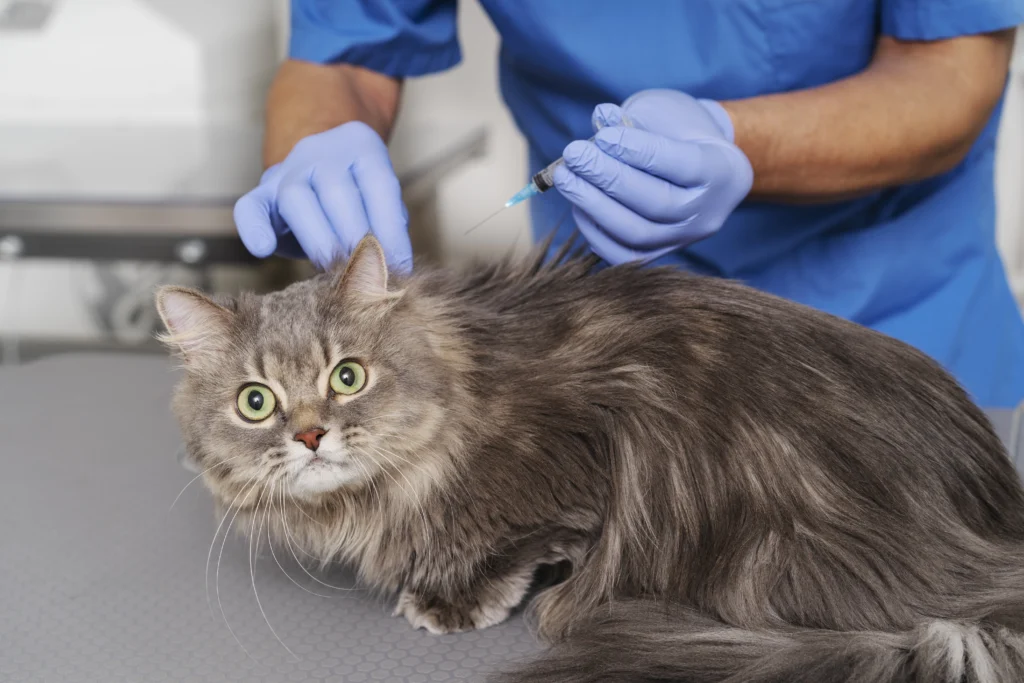
When to Seek Veterinary Care
While most cat colds resolve on their own within 7-10 days, there are situations when seeking veterinary care is crucial. Here are some signs that warrant a trip to the vet when your cats get a cold:
- More severe symptoms: Difficulty breathing, persistent coughing, or a fever are all reasons to seek professional help.
- Persisting cold: If your cat’s cold seems to be dragging on for more than two weeks, veterinary evaluation is necessary.
- Kittens or older cats: Young kittens and senior cats have weaker immune systems and might experience complications from a cold.
- Loss of appetite or lethargy: If your cat refuses to eat or seems unusually sluggish, consult your veterinarian.
- Additional concerns: If you have any concerns about your cat’s health or their cold-like symptoms, it’s always best to err on the side of caution and schedule a vet visit.
Supporting Your Cat’s Recovery at Home
There are some things you can do at home to help your cat feel better while they recover from a cold.
- Provide a Comfortable Environment: Create a warm, quiet space for your cat to rest and recuperate.
- Fresh Water: Ensure your cat has access to plenty of fresh water to stay hydrated.
- Tempting Food: If your cat has lost their appetite, offer them small portions of smelly, wet food that might be more appealing.
- Cleaning Discharge: Use a soft, damp cloth and saline solution (made with warm water and a pinch of salt) to gently wipe away any discharge from your cat’s eyes and nose.
Important Reminders
Avoid Human Cold Medication: It’s important to never give your cat human cold medication. These medications can be toxic to cats and worsen their condition.
Cat Carrier: If you need to take your cat to the vet, invest in a comfortable cat or pet carrier to transport them safely.
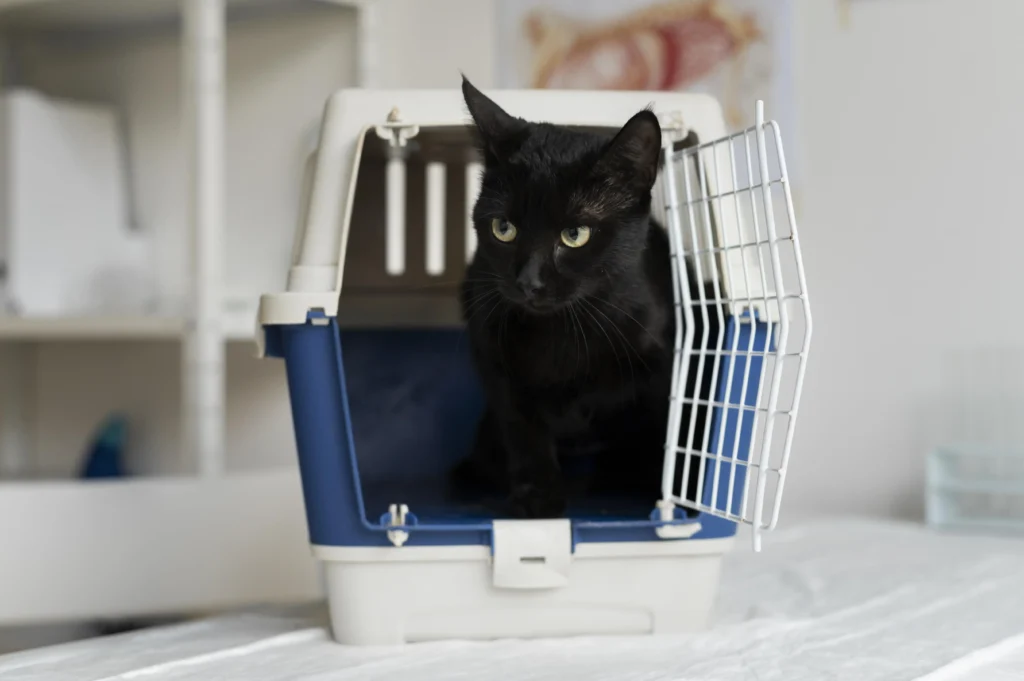
Preventing Future Colds
While feline colds are a common concern for pet owners, there’s no magic bullet to completely shield your furry friend. However, by implementing a multi-pronged approach, you can significantly reduce their risk of catching a cold and support their overall well-being. Here are some key strategies:
1. Vaccination: The First Line of Defense
Regular vaccinations are the cornerstone of preventing several upper respiratory infections in cats. Discuss a vaccination schedule with your veterinarian that’s tailored to your cat’s lifestyle and risk factors. Common vaccines target feline herpesvirus and calicivirus, the two main culprits behind cat colds.
2. Minimizing Exposure to Sick Cats:
Think of it as social distancing for felines! Limit your cat’s interaction with sick cats. This includes avoiding contact with cats who are sneezing, coughing, or showing other signs of illness. If you have multiple cats in your household and one becomes sick, isolate them in a separate room with their own supplies to prevent the spread of the virus.
3. Maintaining a Clean and Healthy Environment:
Creating a clean haven for your cat goes a long way in minimizing their exposure to germs. Regularly clean their litter box, food and water bowls, and bedding using pet-safe disinfectants. Consider using a HEPA air filter, which can trap airborne viruses and allergens, potentially reducing your cat’s exposure to respiratory irritants.
4. Keeping Outdoor Adventures Safe (For Outdoor Cats):
While keeping your cat indoors entirely offers the best protection, some feline friends enjoy the outdoors. If that’s the case, provide supervised access in a secure enclosure (catio) where they can explore and enjoy fresh air without encountering stray animals or potentially sick cats. Discourage your cat from roaming freely and interacting with unknown felines in the neighborhood.
5. Strengthening Your Cat’s Inner Defense System:
Think beyond just vaccinations! A healthy immune system is your cat’s natural defense against illness. Here’s how you can support it:
- Stress Management: Stress can weaken your cat’s immune system. Provide a calm and enriching environment with plenty of hiding spots, scratching posts, and playtime to reduce stress levels.
- Balanced Diet: Provide a high-quality diet that meets your cat’s nutritional needs for their age and activity level. Consult your veterinarian for guidance on choosing the best food for your cat.
- Dietary Supplements (Consult Your Veterinarian): Discuss with your veterinarian if any dietary supplements, like probiotics, might be beneficial for supporting your cat’s immune system function. They can advise you on the appropriate options based on your cat’s individual needs.
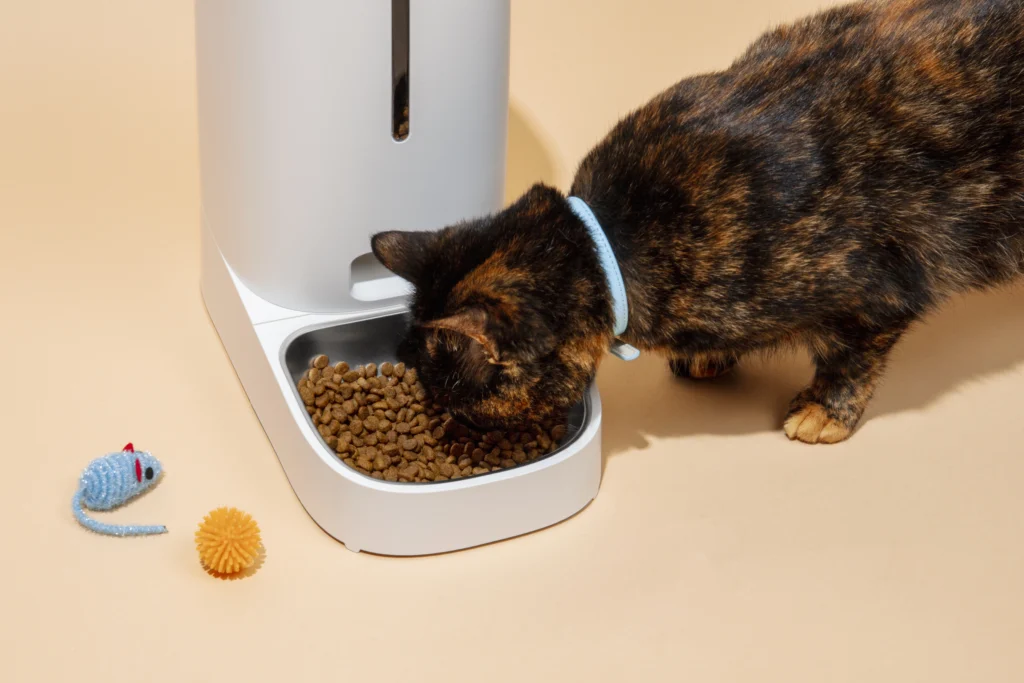
Myths and Misconceptions About Cat Colds
There are some common misconceptions surrounding cat colds. Here’s addressing a few:
- Cat Colds Are Harmless: While most cat colds resolve without complications, some cats, especially kittens, older cats, or those with compromised immune systems, can develop secondary bacterial infections or even pneumonia. Early veterinary intervention is crucial in such cases.
- Cat Colds Can Turn into Human Colds: The viruses responsible for cat colds are different from those causing human colds. Therefore, you cannot catch a cold from your cat, and vice versa.
- Hot Water Steam Can Help: While steam inhalation can sometimes help humans with congestion, it’s not recommended for cats. A cat’s small respiratory tract can be easily irritated by hot steam.
Taking Care of Yourself While Your Cat Recovers
While your cat recovers, it’s essential to take some precautions to minimize your own risk of catching anything. Here are some tips:
- Wash Your Hands Frequently: Wash your hands thoroughly with soap and water after handling your cat, especially after cleaning their discharge.
- Avoid Close Contact: While showering your cat with affection is natural, try to minimize close contact, especially facial contact, until they recover fully.
- Maintain a Clean Environment: Regularly clean surfaces your cat frequents to minimize the spread of germs.
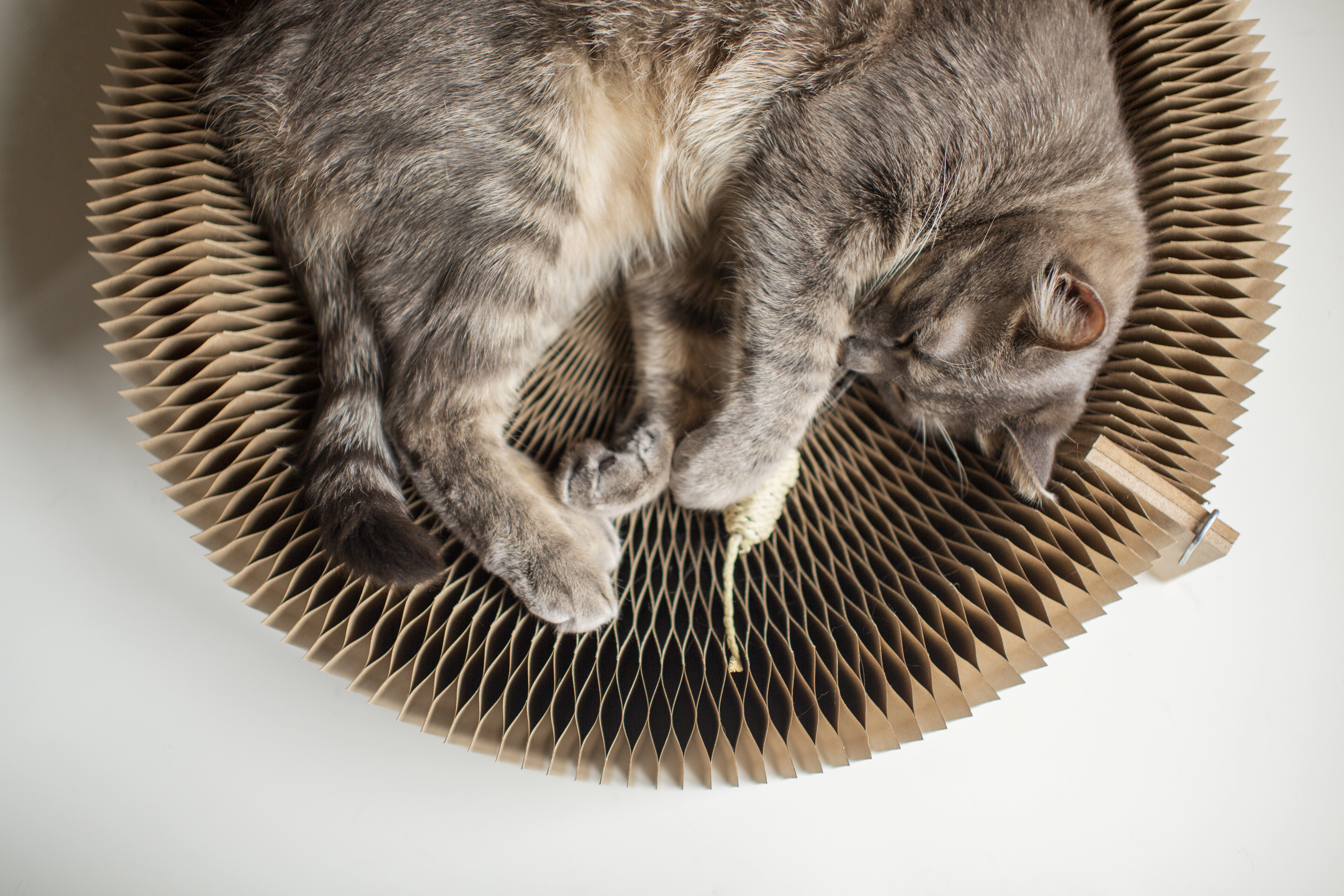
Conclusion
Cat colds, while not uncommon, can be a source of worry for pet owners. By understanding the signs, risk factors, and proper care techniques, you can effectively support your feline friend’s recovery and minimize the impact on their well-being.
Reminder: when in doubt, always consult your veterinarian for the most accurate diagnosis and treatment plan for your cat. With proper care and a little patience whenever your cat has a cold, your furry companion should be back to their playful, energetic self in no time.
Also read: Cat Rolling 101: Why Does My Cat Roll Around on the Floor?

